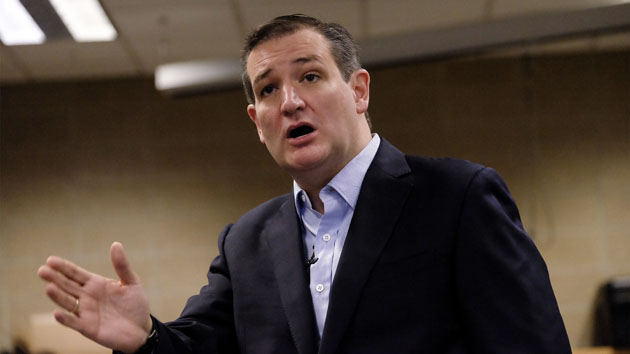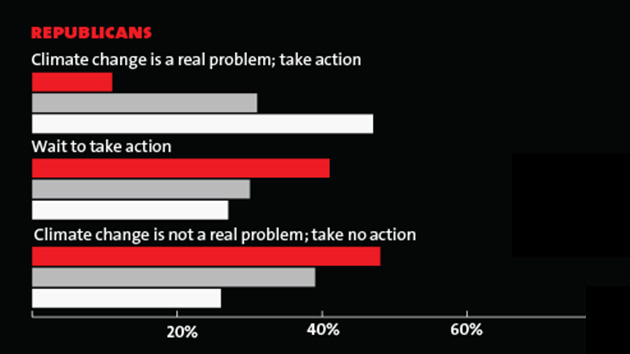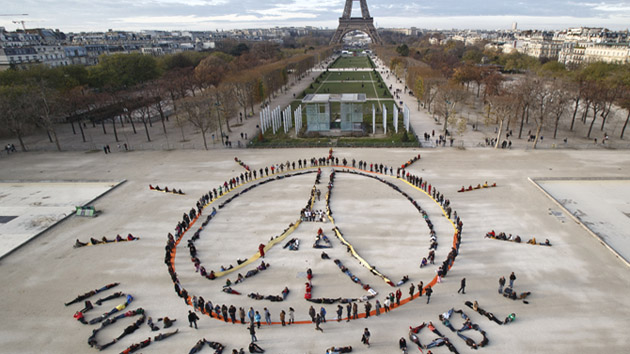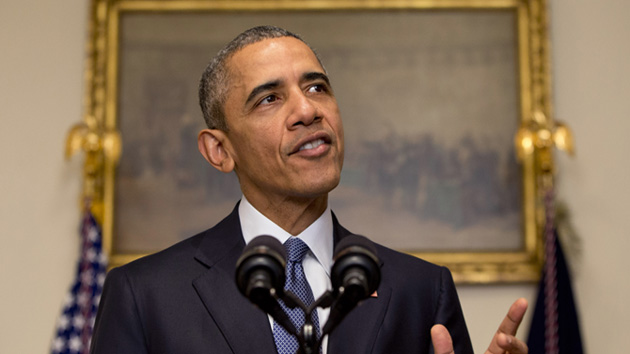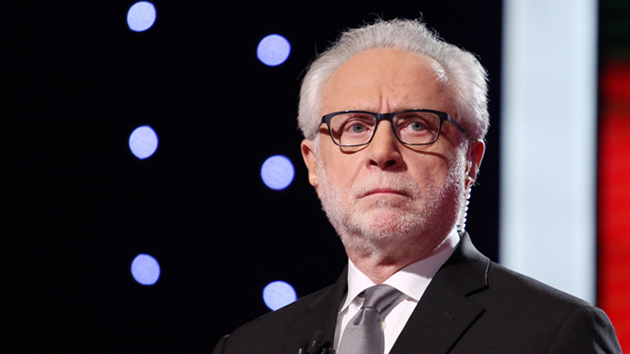
Wolf Blitzer didn't ask the GOP candidates about the threat climate change poses to national security.Rex Features via AP
Four days ago, world leaders finalized one of the most significant international agreements in history. The Paris Agreement, intended to combat climate change, included nearly 200 countries and was spearheaded by the United States and some of its most important allies. Republicans bitterly oppose President Barack Obama’s efforts to fight climate change, and most of the party’s presidential candidates have committed themselves to policies that would undermine the historic accord.
But somehow, over the course of four hours of Republican debates on Tuesday night, CNN never asked the candidates about the climate deal. The moderators never even bothered to ask about climate change at all. As Rebecca Leber at the New Republic (one of our Climate Desk partners) notes, the only mentions of the issue were short, garbled asides from a few of the candidates about why climate change is a distraction. “The biggest problem this world has today is not President Obama with global warming, which is inconceivable,” sputtered Donald Trump.
The CNN debates focused on security and foreign policy. You don’t have to be Bernie Sanders—who maintains that global warming is the greatest threat to US national security—to understand why CNN should have asked about the climate. Both Marco Rubio and Chris Christie complained that America’s ability to fight ISIS has been degraded because our allies no longer “trust” us. It’s hard to imagine that breaking the promises we just made in Paris would do anything to improve that trust. “Every one of America’s allies has worked hard to see this deal come to fruition,” writes Leber. “How does a Republican president plan on leading the world if he insists we should be the only nation to stand on the sidelines?”
There’s also a growing consensus within the national security community that climate change itself poses a significant threat. Obama agrees with this. But so does former New York Gov. George Pataki, one of the Republicans presidential candidates. Pataki co-chaired a Council on Foreign Relations task force examining how the United States should deal with the issue from a foreign policy perspective. Here’s just one of the findings from the group’s report:
The Task Force also finds that the developed countries, including the United States, have a direct national security interest in helping developing countries and vulnerable populations adapt to unavoidable climate change. Unless developing countries are assisted with adaptation, climate change is likely to affect them in ways that will ultimately have direct impacts on the United States, including on its national security. For examples, as climate change affects resource availability, migratory pressures will steadily grow, potentially intensifying existing sources of conflict.
The task force also included former Republican National Committee chairman Ken Mehlman. George Shultz, who served as secretary of state under Ronald Reagan and is reportedly one of Jeb Bush’s foreign policy advisers, recently signed on to a statement declaring that “U.S. Security Demands Global Climate Action.” According to the statement, “For years, America’s intelligence community and armed services have recognized climate change as a threat to U.S. national security—shaping a world that is more unstable, resource-constrained, violent, and disaster-prone.”* Another reported Bush adviser, former Homeland Security Secretary Michael Chertoff, expressed similar views in the foreword to a report about climate threats that was issued by retired US generals and admirals.
This is what Jeb adviser Michael Chertoff thinks about climate change and national security #GOPDebate pic.twitter.com/WeHWxeTIMU
— Climate Desk (@ClimateDesk) December 16, 2015
Here’s what John McCain, the 2008 GOP presidential nominee, has to say about the national security threats posed by climate change:
CNN didn’t ask about any of that on Tuesday night. And that’s a shame.
*Quote corrected


